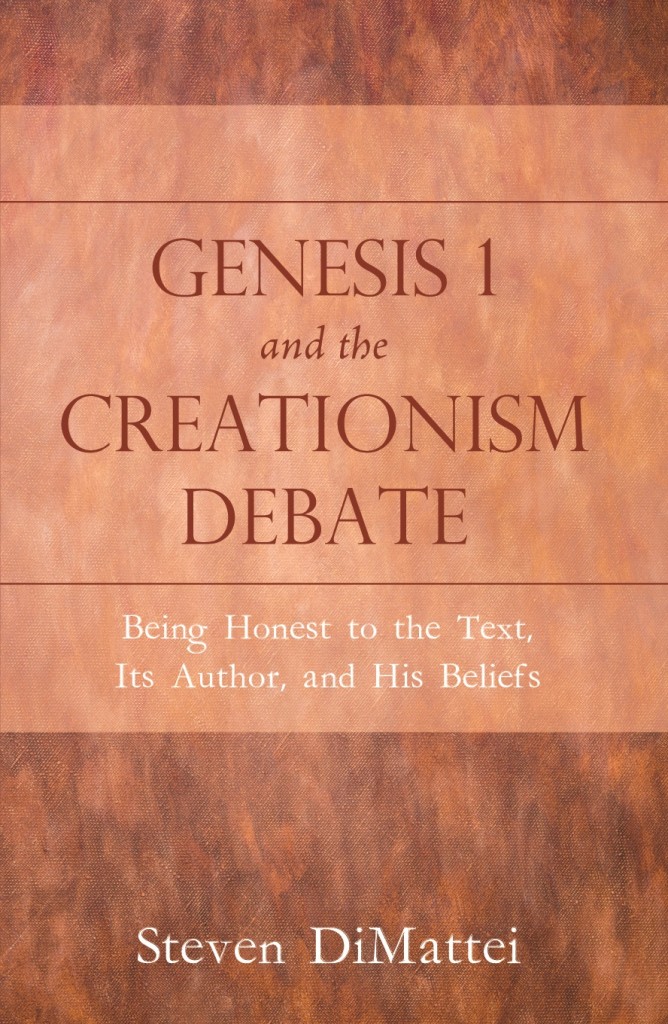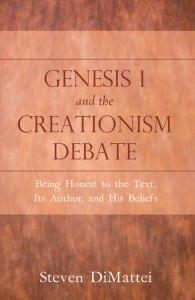“Let there be lights in the domed barrier of the skies to separate between the day and the night, and let them be for signs, and for fixed times, and for days, and for years.”
The domed vault or raqî‘a that was made in verses 6-8 to separate and hold back the waters above is now populated with the luminaries: sun, moon, and the stars—with no awareness of the individual distances of each luminary from the earth nor their actual places in the solar system. Here they are presented as two-dimensional buttons on an arched vault behind which are the primordial waters above.
Unlike modern man, ancient man constructed their calendars and measured the progression of time according to the celestial luminaries: predominantly the sun and the moon. The author of Genesis’ first creation account depicts this idea by having the creator deity specify that these luminaries were created for … Read more






